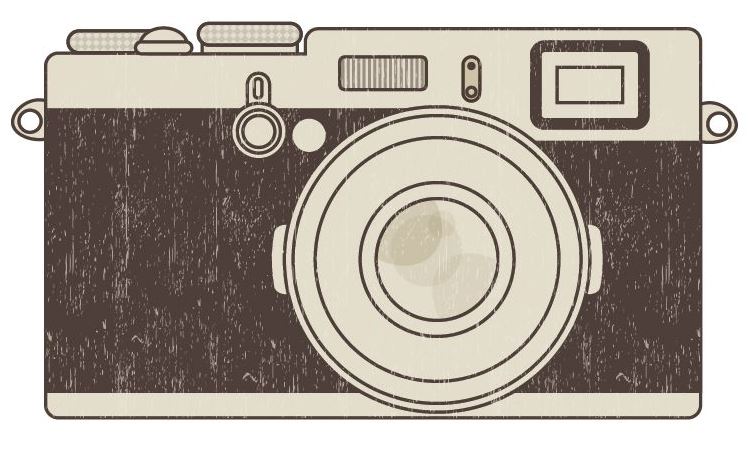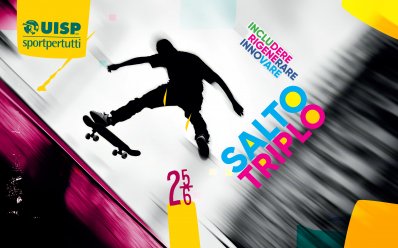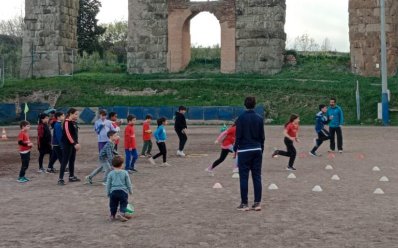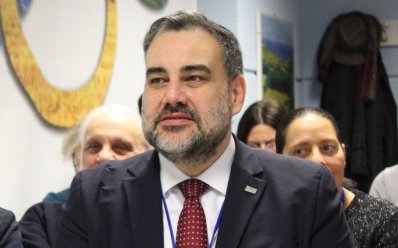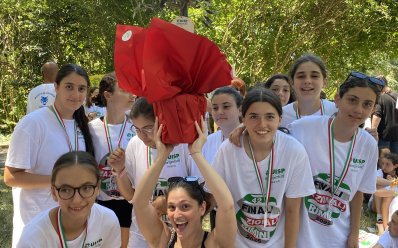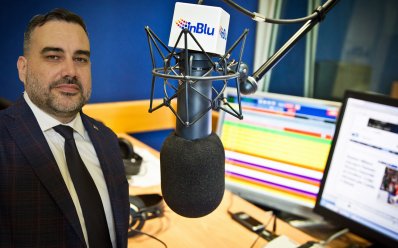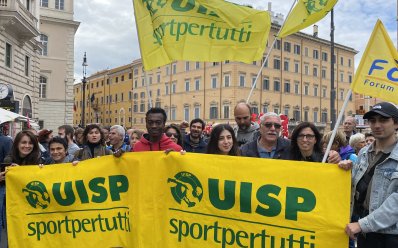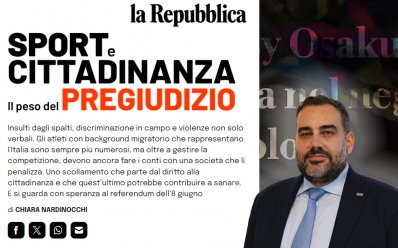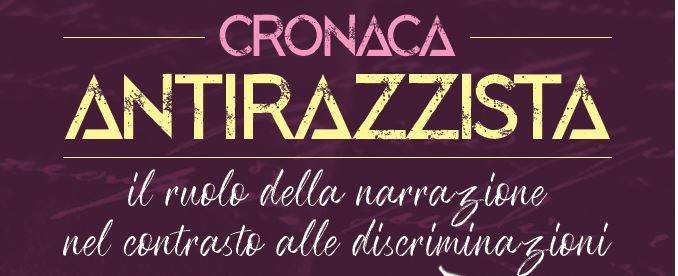IRTS
Integration of Refugees Through Sport
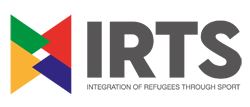
IRTS project, supported by the European Erasmus + program, coordinated by ISCA and of which UISP was a partner, ended in 2018 with the creation of many materials and guidelines to promote work with refugees through sport (downloadable from the documents section).
From that experience, described in the following sheet, was born the IRTS platform, that brings together hundreds of organizations across Europe who work in this field, with the aim of developing new projects, train young people who want to get involved in this world, empower the refugees and work with institutions and policy makers to promote new social policies in the sports field.
For further information visit the platform: IRTS Networking Platform
IRTS European project:
Duration: 32 months: September 2016 – August 2019
Location: The project has an international scope, and involves Italy, Denmark, United Kingdom, Sweden and Germany
Applicant / Coordinator: ISCA (International Sport and Culture Association), Denmark
Partners:
- Uisp (Italy)
- StreetGames (United Kingdom)
- SISU (Sweden)
- Ollerup Academy (Denmark)
- DTJ - German Gymnastics Youth (Germany)
Funding body: EU Erasmus + Programme 2016 - KA2 (Cooperation for Innovation and the Exchange of Good Practices – Strategic partnership for adult education)

SUMMARY:
The Integration of Refugees Through Sport is supporting adult education and learning to meet the challenges of modern citizenship.
Project partners find that the current influx of refugees and immigrants (dubbed “the refugee crisis” in some media and countries) is one of the biggest political and practical challenges for Nordic countries today, both on a political and citizens’ level. Taking a point of departure in the biggest civil society sector, grassroots sport, this project uses the power of local grassroots sport initiatives to include people with very different backgrounds, by offering them the important, and well-documented, informal learning that takes places in local sport clubs and the sporting activities themselves.
These organisations and local clubs also provide non-formal, structured learning for their members to engage in association life and in meaningful and relevant physical activities. The project thus addresses a highly relevant societal challenge and aims to exploit the capacity of the huge grassroots sport and physical activity sector to enhance adult learning to this end.
OBJECTIVES:
The project’s overall objective is to strengthen the societal inclusion of refugees via the informal and non-formal learning opportunities sport and physical activities provide
Actions and methodologies
1. To build the knowledge base for informal and non-formal learning opportunities for societal inclusion of refugees via physical activities and sport.
- Collection of 20 good practices on successful refugee inclusion from the partner organisations and beyond.
- Analyse and deliberate on the principles, barriers and prerequisites for successful inclusion.
- Delivery (by the 5 Implementation Partners) of specific, local learning opportunities for refugees and using this activity as a test bed and feedback opportunity for the development of the Intellectual Outputs of the project.
2. To build capacities in participating organisations and develop tools to deliver informal and non-formal learning opportunities for the target group.
- In-depth exchange and reflection among partners and experts during and between the 6 Transnational Project Meetings.
- Develop the “Grundtvig video” that in a simple, yet compelling way will explain to refugees the principles of civic, voluntary organisation and the life-long learning principles of active participation, spirit of freedom and discovery (in grassroots sport and much beyond).
- Develop learnings into content for an e-learning resource for organisations.
- Develop an organisational toolkit comprising key best practices and practical guiding tips.
3 . To establish and run a broad thematic network of organisations working in the field
- Deliver online networking platform, guiding principles, and action plan.
- Identify and invite 15 further organisations to the network.
- Facilitate consultation for the 15 organisations with partners and/ or relevant good practice owners
4 .To disseminate results and widen the impact of the project.
- Disseminate toolkit, video, online learning resource and networking platform via web, newsletters, face-to-face and social media.
- Organise multiplier events in all partner countries.
Website: https://irts.isca.org/
E-learning modules: https://learn.isca.org/courses/irts/
For more info: progettazione@uisp.it
News:
Doc & Outputs:
Ufficio progetti - Sede Uisp Nazionale
L.go Nino Franchellucci, 73 00155 Roma
Tel.: +39.06.43984350 - 345 - 346
Fax: 06.43984320
e-mail: progetti@uisp.it



